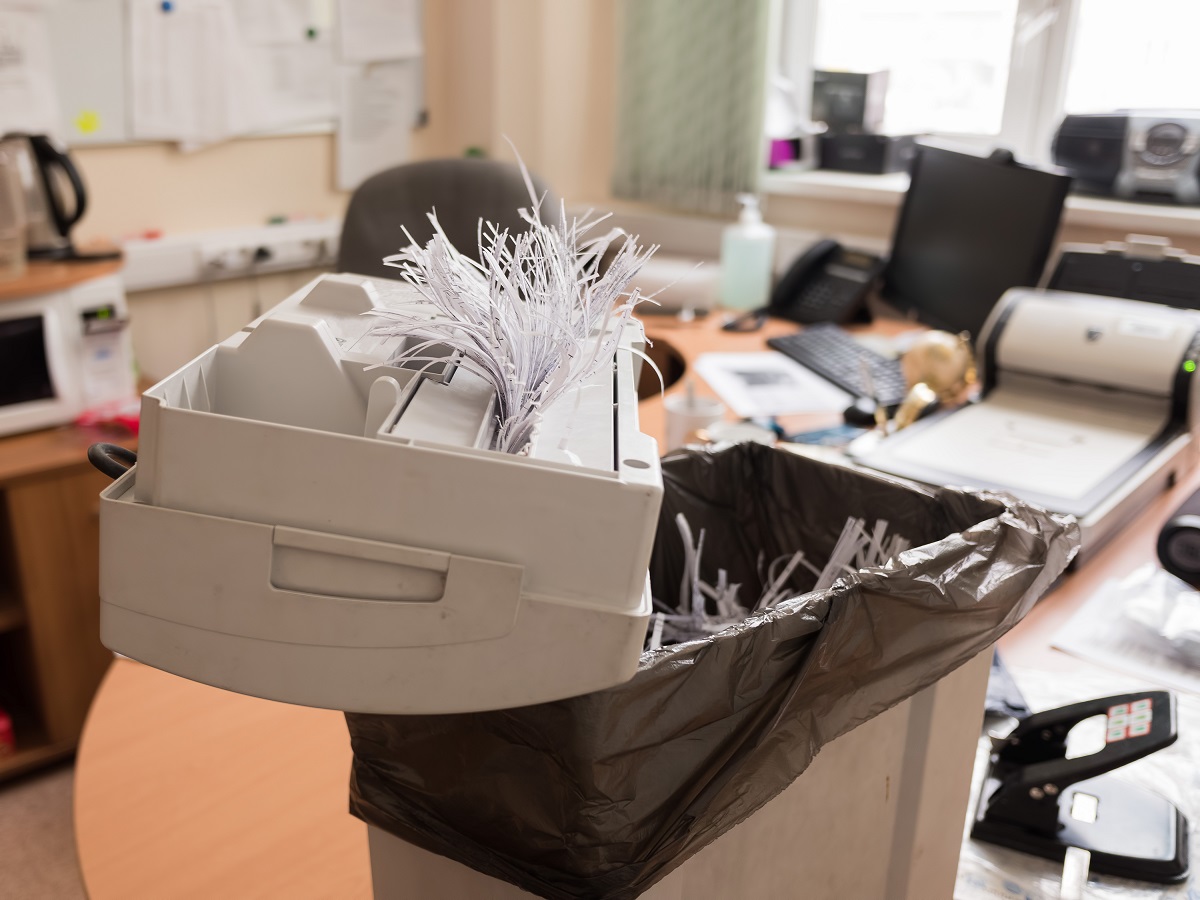
Image Source: Google
In today's digital age, where data breaches and identity theft are on the rise, protecting your privacy has never been more crucial. One simple yet effective way to safeguard your sensitive information is by properly disposing of confidential documents through recycling. Not only does recycling confidential documents help protect your privacy, but it also plays a significant role in preserving the environment. Let's explore the importance of recycling confidential documents and how it benefits both you and the planet.
The Security Risks of Improper Document Disposal
Improper disposal of confidential documents poses a serious threat to your privacy and security. When sensitive information such as financial records, medical reports, or personal identifiers like social security numbers fall into the wrong hands, it can lead to:
Identity Theft
- Unauthorized individuals may use your personal information to open fraudulent accounts or make unauthorized purchases, causing financial harm and damaging your credit score.
Data Breaches
- Businesses that fail to properly dispose of confidential documents risk exposing sensitive company data, leading to potential legal consequences and reputational damage.
The Environmental Impact of Document Disposal
Aside from the security risks, the improper disposal of documents also has a negative impact on the environment. When confidential papers are thrown away in regular trash bins, they end up in landfills where they contribute to:
Deforestation
- Document destruction using shredding machines results in a significant amount of paper waste, leading to the destruction of trees and forests.
Greenhouse Gas Emissions
- The production and disposal of paper contribute to greenhouse gas emissions, which contribute to climate change. Recycling paper reduces the demand for new paper production and helps mitigate these environmental impacts.
The Benefits of Recycling Confidential Documents
Recycling confidential documents offers a host of benefits for both individuals and the environment:
Protecting Your Privacy
- By shredding and recycling confidential documents, you ensure that your sensitive information is securely destroyed, reducing the risk of identity theft and fraud.
Compliance with Regulations
- Many industries are subject to regulations that mandate secure document disposal practices. Recycling your confidential documents ensures compliance with these requirements and helps avoid potential fines or penalties.
Conserving Resources
- Recycling paper saves trees, water, and energy compared to producing new paper from raw materials. It also helps reduce waste sent to landfills and minimizes environmental impact.
Best Practices for Recycling Confidential Documents
Follow these best practices to ensure the secure and environmentally responsible disposal of your confidential documents:
Invest in a Shredder
- Purchase a quality shredder to efficiently destroy confidential papers before recycling them. Cross-cut shredders offer greater security by turning documents into tiny, unreadable pieces.
Use Secure Bins
- Place confidential documents in designated secure bins or containers to prevent unauthorized access. Consider locking bins for added security.
Partner with a Certified Recycling Company
- Work with a reputable recycling company that specializes in confidential document disposal. Ensure they comply with industry standards and regulations to guarantee secure handling of your sensitive information.
Conclusion
Protecting your privacy and the planet go hand in hand when it comes to recycling confidential documents. By taking the necessary steps to securely dispose of sensitive information through recycling, you not only safeguard your personal data but also contribute to environmental conservation efforts. Make a positive impact today by practicing proper document disposal methods and incorporating recycling into your privacy protection strategy.
